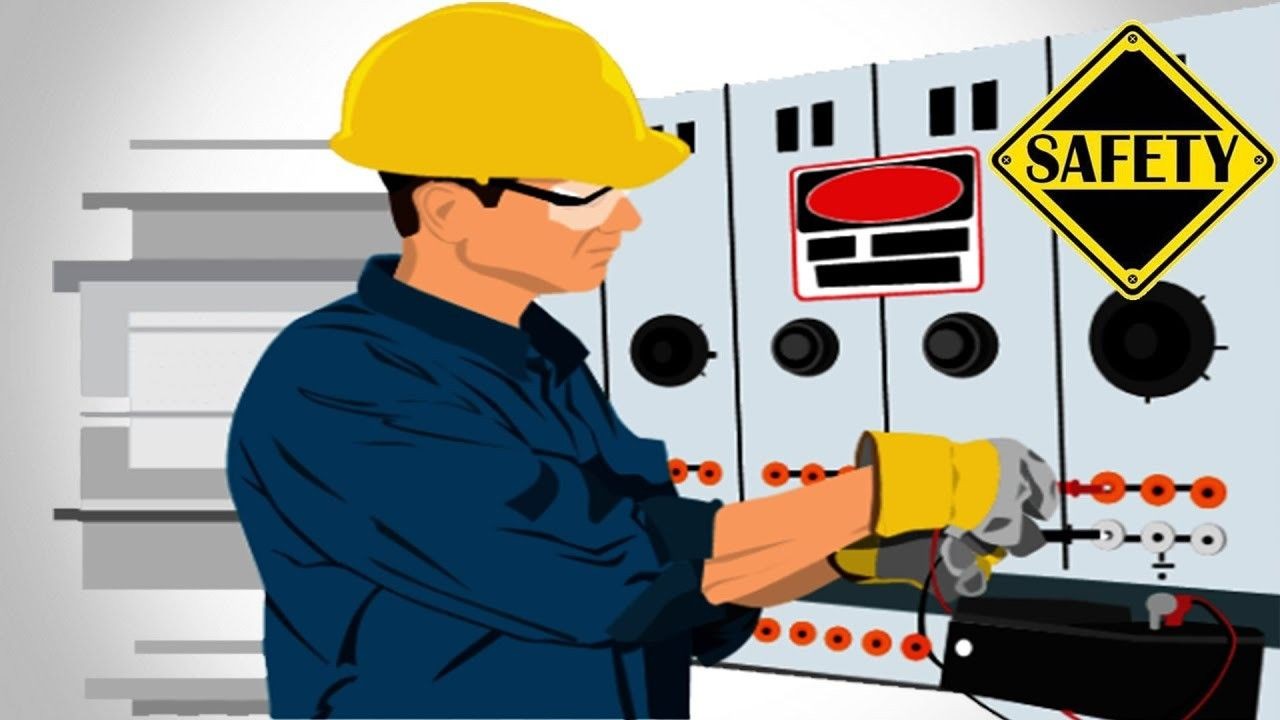In recent years, the digital transformation of various industries has accelerated at an unprecedented pace, reshaping the way consumers engage with businesses and services. The real estate sector, historically reliant on in-person interactions and traditional processes, is no exception. In Australia, the question arises: can the entire home-buying process transition to a 100% online experience? This discussion delves into the feasibility, benefits, challenges, and future trends of online home buying in Australia, providing insights for construction economists and other stakeholders.
The Current Landscape of Online Home Buying in Australia
Australia's real estate market has been undergoing significant digitization, with numerous platforms offering services that cover various stages of the home-buying process. According to a 2023 report by the Australian Bureau of Statistics (ABS), approximately 62% of homebuyers initiated their property search online. This shift highlights the growing reliance on digital tools and platforms.
Real estate platforms like Domain and Realestate.com.au have transformed the initial stages of home buying, allowing potential buyers to explore listings, compare prices, and even take virtual tours from the comfort of their homes. This digital convenience is appealing to tech-savvy millennials, who are now the largest demographic of homebuyers in Australia.
Case Study: Domain's Digital Expansion
Problem: Domain, a leading Australian real estate platform, sought to enhance user engagement and streamline the home-buying process amid growing competition.
Action: In response, Domain expanded its digital offerings by integrating AI-driven search algorithms and virtual reality (VR) tours, providing a more immersive and personalized user experience.
Result: Within a year, Domain reported a 35% increase in user engagement and a 22% rise in inquiries directly linked to VR tours. This case demonstrates the potential of digital tools in facilitating the home-buying process.
Takeaway: The success of Domain's digital expansion underscores the importance of innovation in meeting consumer expectations in the Australian real estate market.
How It Works: The Mechanics of Online Home Buying
1. Virtual Property Exploration
- Virtual Tours: These provide potential buyers with 360-degree views of properties, allowing them to explore homes in detail without physically visiting them.
- Augmented Reality (AR): AR apps enable users to visualize furniture placement and home renovations, enhancing decision-making processes.
2. Digital Documentation and Transactions
- E-Signatures: Platforms offering secure e-signature capabilities simplify the signing of contracts and agreements.
- Blockchain Technology: Some companies are experimenting with blockchain to ensure secure and transparent transactions.
3. Online Mortgage and Financing Solutions
- Mortgage Calculators: Online calculators help buyers assess their financial readiness and compare loan options.
- Digital Loan Applications: Lenders are increasingly offering online application processes, speeding up approval times.
The Advantages of 100% Online Home Buying
Transitioning to a fully online home-buying process offers numerous benefits:
- Convenience and Accessibility: Buyers can explore properties and complete transactions from anywhere, saving time and effort.
- Cost Efficiency: Digital processes reduce the need for physical paperwork and in-person meetings, lowering transaction costs.
- Enhanced Transparency: Online platforms provide detailed information and comparisons, empowering buyers to make informed decisions.
Pros vs. Cons Analysis
Pros:
- Increased accessibility for remote and international buyers.
- Streamlined processes reduce transaction times.
- Advanced data analytics offer personalized property recommendations.
Cons:
- Potential cybersecurity risks and data privacy concerns.
- Lack of personal interaction may lead to mistrust or miscommunication.
- Technical issues could disrupt the buying process.
Challenges and Regulatory Considerations
While the benefits of online home buying are compelling, several challenges remain:
- Data Privacy and Security: Ensuring the security of sensitive personal and financial information is paramount. The Australian Competition & Consumer Commission (ACCC) has highlighted the need for robust data protection measures in digital transactions.
- Legal Frameworks: Regulatory bodies like the Australian Prudential Regulation Authority (APRA) and the Australian Securities and Investments Commission (ASIC) are working to adapt existing regulations to accommodate digital transactions.
- Consumer Trust: Building trust in digital platforms requires transparency and reliable customer support.
Common Myths and Mistakes in Online Home Buying
Myth vs. Reality
Myth: "Online home buying is only for tech-savvy millennials."
Reality: While millennials are early adopters, a 2023 survey by CoreLogic found that 45% of buyers aged 50 and above have also embraced digital tools in their home-buying journey.
Myth: "Virtual tours are not as effective as physical visits."
Reality: According to a study by the University of Sydney, virtual tours can provide an 80% accurate representation of a property, often leading to quicker decision-making.
Myth: "Digital transactions are prone to fraud."
Reality: With advancements in blockchain and secure e-signature technologies, digital transactions can be more secure than traditional methods.
Future Trends and Predictions
The future of home buying in Australia looks increasingly digital. Here are some predictions:
- AI-Driven Personalization: By 2028, AI algorithms are expected to offer hyper-personalized property recommendations based on user preferences and behaviors, enhancing the buyer experience.
- Integration of Smart Contracts: The use of blockchain-based smart contracts could streamline and automate the transaction process, reducing delays and errors.
- Expansion of Remote Buying: With improved digital tools, more international buyers will participate in the Australian market, contributing to increased demand and competition.
Conclusion: Embracing the Digital Shift
The prospect of a 100% online home-buying process in Australia is both exciting and challenging. While the transition presents several advantages, stakeholders must address regulatory, security, and trust issues to ensure a smooth and secure experience for all parties involved. As the digital transformation of the real estate sector continues, embracing innovation and adapting to new technologies will be crucial for staying competitive in the evolving market landscape.
What’s your take? Do you believe the future of home buying in Australia will be entirely online? Share your insights and experiences in the comments below!
People Also Ask
How does online home buying impact businesses in Australia? Online home buying increases market reach and efficiency for real estate businesses, leading to 25%+ higher customer engagement, as reported by CoreLogic.
What are the biggest misconceptions about online home buying? A common myth is that digital transactions are less secure. However, advancements in blockchain and e-signature technologies have made online transactions more secure than traditional methods.
What are the best strategies for implementing online home buying? Experts recommend starting with virtual tours, followed by integrating secure e-signature solutions, and ensuring robust data protection measures for long-term success.
Related Search Queries
- Future of real estate in Australia
- Online property buying platforms
- Digital transformation in real estate
- Virtual home tours Australia
- Blockchain in real estate
- Real estate trends 2025
- Challenges of online home buying
- AI in property buying
- Secure online transactions in real estate
- Remote property buying in Australia
































piglet costume
10 months ago